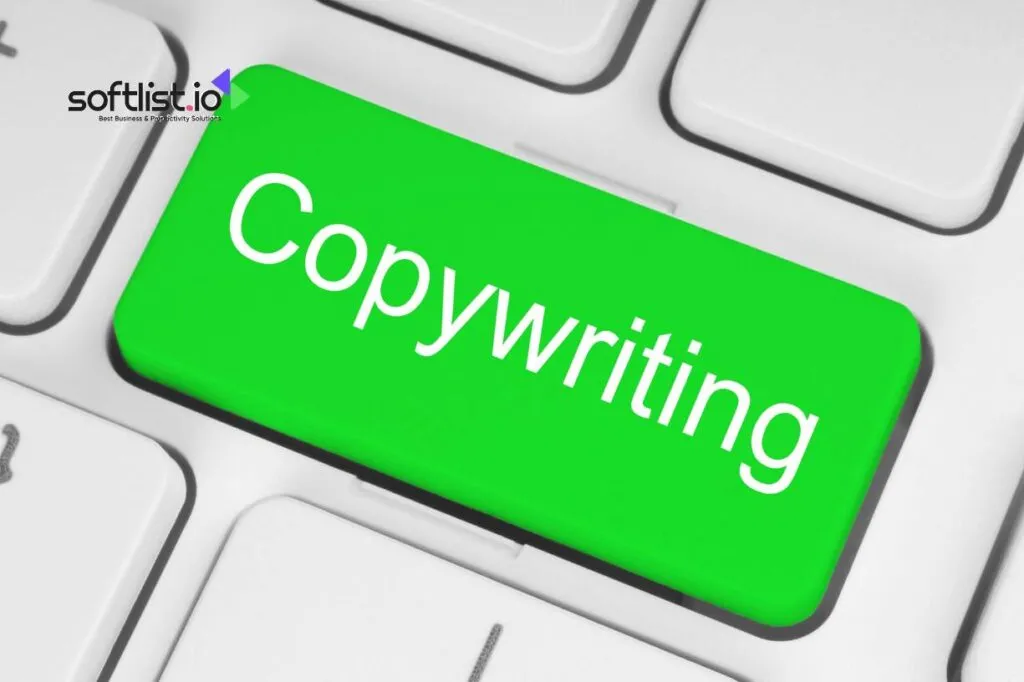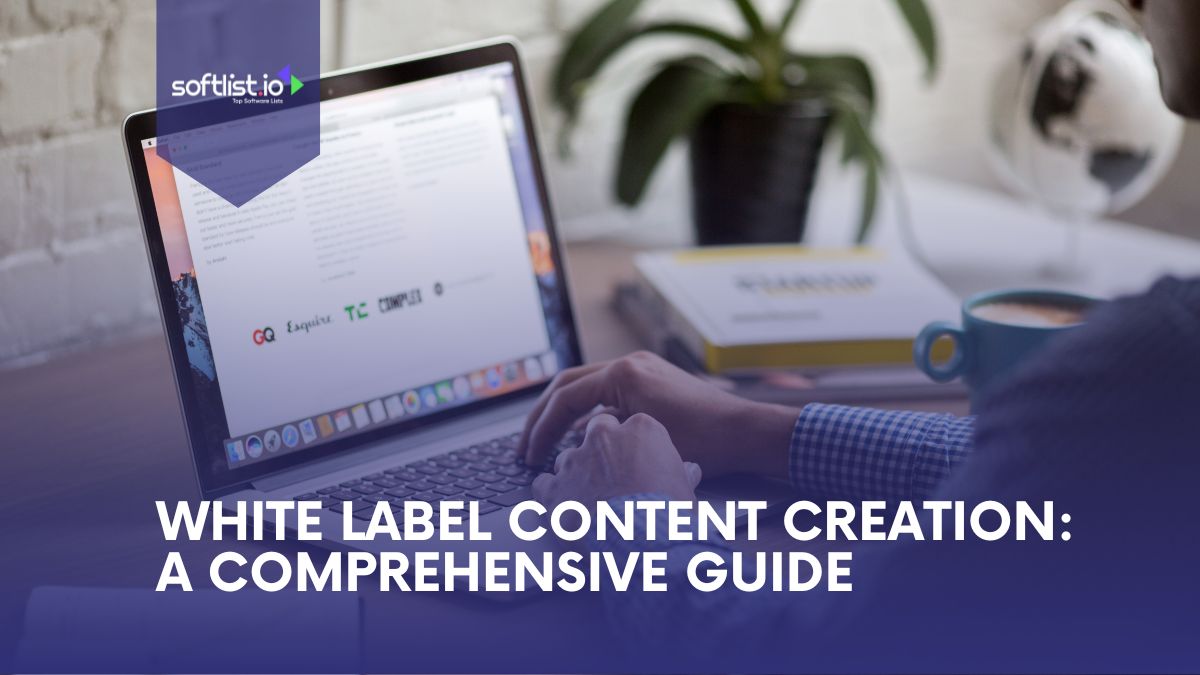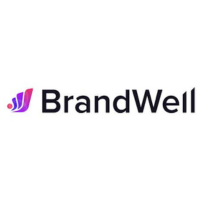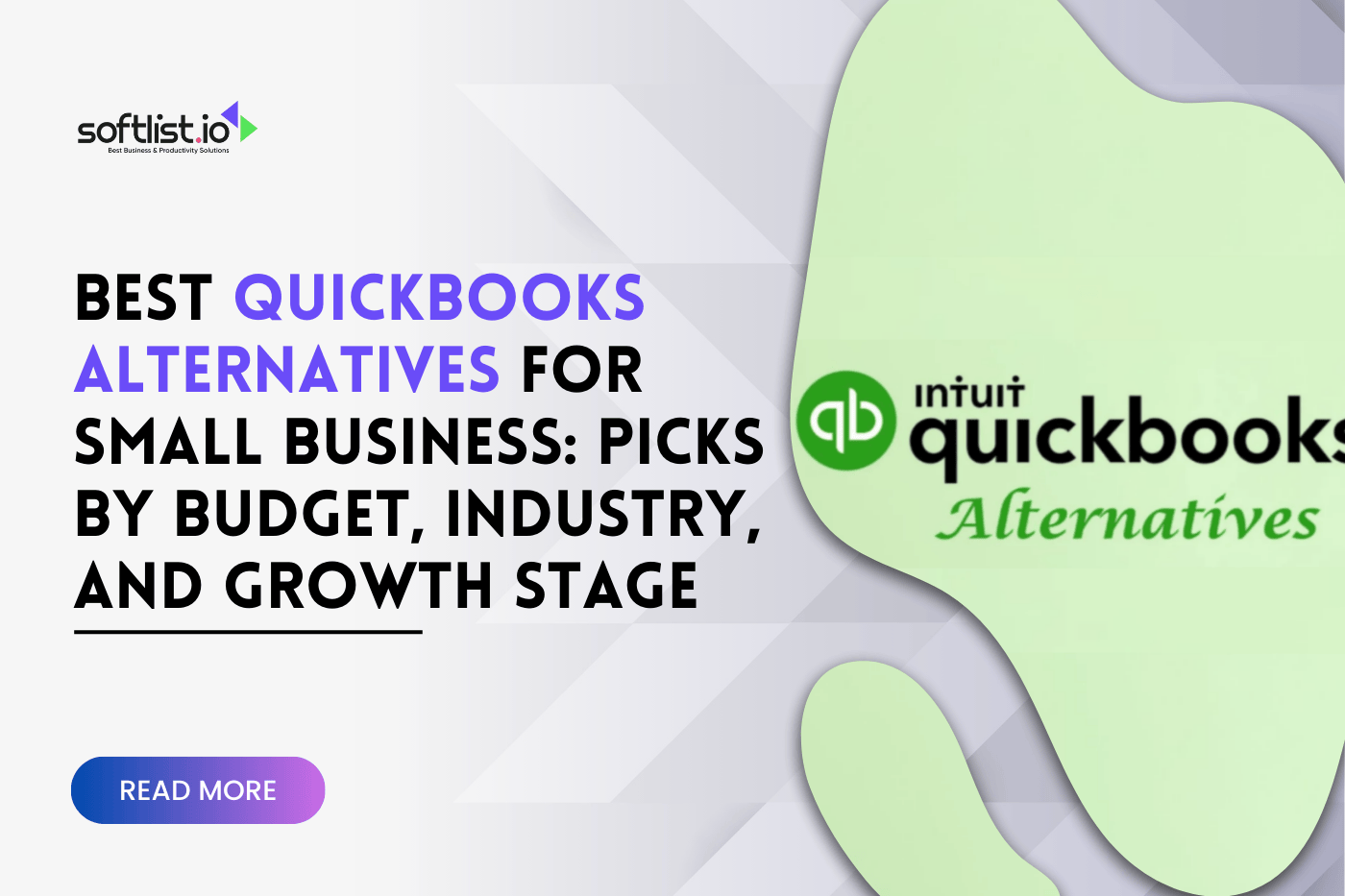The demand for quality content continues to surge across digital marketing channels, with businesses publishing millions of blog posts, social media updates, and marketing materials daily. Companies struggle to maintain consistent content output while managing other core business operations, creating a significant gap between content needs and internal capacity.
White label content creation offers a strategic solution by allowing businesses to outsource content production to specialized providers who deliver materials under the client’s brand name. This comprehensive guide explores the white label content creation meaning, workflow processes, benefits, and practical implementation strategies to help you scale your content marketing efforts effectively.
Key Takeaways
- White label content creation allows businesses to outsource content production while maintaining brand ownership and control.
- The workflow involves briefing external providers who create content under your brand name without revealing their involvement.
- Agencies and businesses benefit from reduced costs, faster turnaround times, and access to specialized expertise.
- Choosing the right white label partner requires evaluating portfolio quality, communication processes, and pricing transparency.
- Successful integration requires clear brand guidelines, quality control processes, and strategic content planning.
Understanding the fundamentals of white label content creation starts with grasping its core definition and applications.
What Is White Label Content Creation?

White label content creation involves partnering with external content providers who produce materials under your brand name without revealing their involvement to your clients or audience. The content creator remains invisible while you present the work as your own, maintaining complete brand ownership and client relationships. This arrangement differs from traditional freelancing because the provider operates behind the scenes without any attribution or recognition.
Content creation examples in white label arrangements include blog articles, social media posts, email newsletters, website copy, and marketing materials. The provider delivers finished content that matches your brand voice, style guidelines, and quality standards.
Common White Label Content Types
- Blog Articles: SEO-optimized posts covering industry topics, how-to guides, and thought leadership pieces
- Social Media Content: Platform-specific posts, captions, and visual content for Facebook, LinkedIn, Instagram, and Twitter
- Email Marketing: Newsletter templates, drip campaign sequences, and promotional email copy
- Website Content: Landing pages, product descriptions, about pages, and service descriptions
- Marketing Collateral: White papers, case studies, brochures, and sales presentations
- Video Scripts: YouTube content, explainer videos, and promotional video scripts
The next step involves understanding how white label partnerships operate in practice.
How White Label Content Creation Works

The white label content creation process begins with establishing clear communication channels between your business and the content provider. You provide detailed briefs including target audience information, brand guidelines, content objectives, and specific requirements for each project. The provider then assigns writers or content creators who specialize in your industry or content type.
Quality control measures ensure content meets your standards before delivery. Most white label providers offer revision rounds and maintain style guides to ensure consistency across all deliverables.
Typical Workflow Steps
Initial Setup Phase
- Brand guideline documentation and style guide creation
- Content calendar planning and topic research
- Team introductions and communication protocol establishment
- Sample content creation and approval processes
Ongoing Production Cycle
- Project briefing with specific requirements and deadlines
- Content research and outline development
- First draft creation and internal review
- Client review and revision requests
- Final delivery and publishing preparation
Understanding these operational benefits helps businesses evaluate whether white label content creation aligns with their growth objectives.
Benefits for Businesses and Agencies

White label content creation delivers significant cost savings compared to hiring full-time content teams, with businesses typically reducing content production costs by 40-60% while maintaining quality standards. Agencies can expand their service offerings without investing in additional staff, equipment, or training programs. The scalability factor allows companies to handle increased content demands during peak seasons or growth periods without long-term commitments.
Access to specialized expertise represents another major advantage, as white label providers often employ writers with industry-specific knowledge and technical skills. This expertise proves particularly valuable for content creation for beginners who lack experience in specific niches or content formats.
| Benefit Category | Internal Team | White Label Provider | Cost Difference |
|---|---|---|---|
| Monthly Salary (Content Writer) | $4,000-$6,000 | $1,500-$3,000 | 60% savings |
| Setup Time | 2-3 months | 1-2 weeks | 80% faster |
| Expertise Access | Limited to hires | Multiple specialists | Unlimited variety |
| Scalability | Hiring required | Immediate adjustment | 100% flexible |
| Quality Control | Internal management | Provider responsibility | Reduced oversight |
Operational Advantages
- Faster Turnaround: Dedicated teams focus solely on content production without other business distractions
- Consistent Output: Professional providers maintain steady production schedules and quality standards
- Risk Reduction: External providers handle content creation challenges and deadline pressures
- Technology Access: Providers often use premium content creation tools and software without additional client investment
Selecting the right white label partner requires careful evaluation of multiple factors beyond basic pricing considerations.
Choosing a White Label Content Partner
Portfolio quality serves as the primary indicator of a white label provider’s capabilities, with the best partners showcasing diverse content creation examples across multiple industries and formats. Request samples that match your specific content needs and evaluate writing quality, research depth, and adherence to brand voice requirements. Communication responsiveness during the vetting process often reflects how the provider will handle ongoing project management and client relationships.
Pricing transparency prevents unexpected costs and budget overruns that can damage client relationships. Reliable providers offer clear pricing structures with detailed breakdowns of revision policies, rush order fees, and additional service charges.
Essential Evaluation Criteria
Quality Assessment
- Portfolio diversity across content types and industries
- Writing samples that demonstrate expertise in your niche
- Client testimonials and case studies with measurable results
- Revision and quality control processes
Operational Capabilities
- Project management systems and communication tools
- Team size and capacity for handling your volume requirements
- Turnaround times for different content types
- Backup systems for handling team member unavailability
Business Reliability
- Contract terms and cancellation policies
- Data security and confidentiality agreements
- Payment terms and invoicing procedures
- Scalability options for future growth
Successful implementation requires strategic planning and systematic integration of white label content into existing marketing workflows.
Integrating White Label Content Into Your Marketing Strategy
Content creation for social media and other marketing channels requires consistent brand voice and messaging alignment across all white label deliverables. Develop comprehensive brand guidelines that include tone of voice examples, preferred terminology, formatting requirements, and visual style preferences. Regular training sessions with your white label provider ensure team members understand your brand personality and target audience expectations.
Quality control processes maintain brand integrity while allowing efficient content production at scale. Establish clear approval workflows that balance thorough review with quick turnaround times to meet publishing deadlines.
Implementation Best Practices
- Brand Guide Development: Create detailed documentation covering voice, tone, style, and formatting preferences
- Content Calendar Integration: Align white label production schedules with your marketing calendar and campaign timelines
- Feedback Systems: Establish regular review meetings and feedback loops to improve content quality over time
- Performance Tracking: Monitor content performance metrics to evaluate ROI and identify optimization opportunities
Common Integration Challenges
- Brand Voice Consistency: Maintain consistent messaging across internal and external content creators
- Quality Variations: Address inconsistencies through clear guidelines and regular feedback
- Timeline Coordination: Balance content creation timelines with marketing campaign requirements
- Client Communication: Manage client expectations regarding content sources and production processes
Several specialized platforms can enhance your white label content creation capabilities by providing additional tools and resources.
Supplementary Platforms for Content Creation

ClosersCopy
ClosersCopy provides AI-powered copywriting tools specifically designed for sales and marketing content creation. The platform offers templates and frameworks that white label providers can use to create high-converting sales copy, email sequences, and marketing materials.
Key Features
- Sales-focused copy templates and frameworks
- AI writing assistant for faster content generation
- Conversion-optimized content suggestions
- Multiple output variations for A/B testing
Boost Your Sales with SEO Optimized Blogs and Irresistible Marketing Copy. Leverage the secrets of the most powerful copy in the world ...and let your copywriting robot bring them to life!
Canva
Canva serves as a comprehensive visual content creation website that enables white label providers to create professional graphics, social media posts, and marketing materials. The platform’s extensive template library and design tools support content creation for beginners who need visual elements to accompany written content.
Key Features
- Professional design templates for all content types
- Brand kit integration for consistent visual identity
- Collaboration tools for team-based design projects
- Stock photo and graphic library access
Templates for absolutely anything. Customise an office template, or design something more personal, like an invitation.
Headlime
Headlime specializes in AI-powered headline and copy generation for marketing campaigns and content pieces. White label content providers can use this platform to create compelling headlines, subject lines, and promotional copy that drives engagement and conversions.
Key Features
- AI-generated headlines and subject lines
- Copy templates for various marketing channels
- A/B testing suggestions for optimization
- Integration with popular marketing platforms
Writing copy is time-consuming and difficult. Headlime's artificial intelligence can take your thoughts and turn them into words.
BrandWell
BrandWell offers comprehensive content creation tools including AI writing assistance, SEO optimization, and content planning features. The platform supports white label providers in creating search-optimized content that aligns with client brand guidelines and marketing objectives.
Key Features
- AI-powered content generation and optimization
- SEO keyword research and integration tools
- Content calendar and planning features
- Brand voice customization and consistency checking
Aire AI
Aire AI provides advanced artificial intelligence content creation tools that help white label providers generate high-quality written content across multiple formats and industries. The platform’s machine learning capabilities enable faster content production while maintaining quality standards.
Key Features
- Multi-format content generation capabilities
- Industry-specific content templates
- Quality scoring and optimization suggestions
- Bulk content creation for large projects
Build custom web apps to manage any type of business in minutes with zero coding or app-building experience required.
Final Thoughts
White label content creation offers businesses and agencies a strategic approach to scaling content marketing efforts while maintaining brand control and reducing operational costs. The key to success lies in selecting reliable partners, establishing clear communication processes, and implementing quality control measures that ensure consistent brand representation. By leveraging specialized providers and supplementary content creation tools, companies can meet growing content demands without compromising quality or overextending internal resources.
Discover the best content creation tools and white label solutions at Softlist.io, where expert reviews help you choose software that fits your specific business needs and budget requirements perfectly.
Frequently Asked Questions
What is meant by content creation?
Content creation refers to the process of developing and producing valuable materials in various formats to engage and inform target audiences across digital platforms.
What is an example of content creation?
Content creation examples include writing blog articles, producing social media posts, creating video tutorials, designing infographics, and developing email newsletters for marketing purposes.
How do I start content creation?
Content creation for beginners starts with identifying your target audience, choosing appropriate platforms, developing a content strategy, and using basic content creation tools for writing and design.
What are the 5 C’s of content creation?
The 5 C’s of content creation are: Clear (easy to understand), Concise (brief and focused), Compelling (engaging and interesting), Credible (trustworthy and accurate), and Consistent (regular and reliable).
What are the 7 steps of content creation?
The 7 steps include: research and planning, audience identification, content ideation, creation and production, editing and optimization, distribution and promotion, and performance analysis and improvement.













